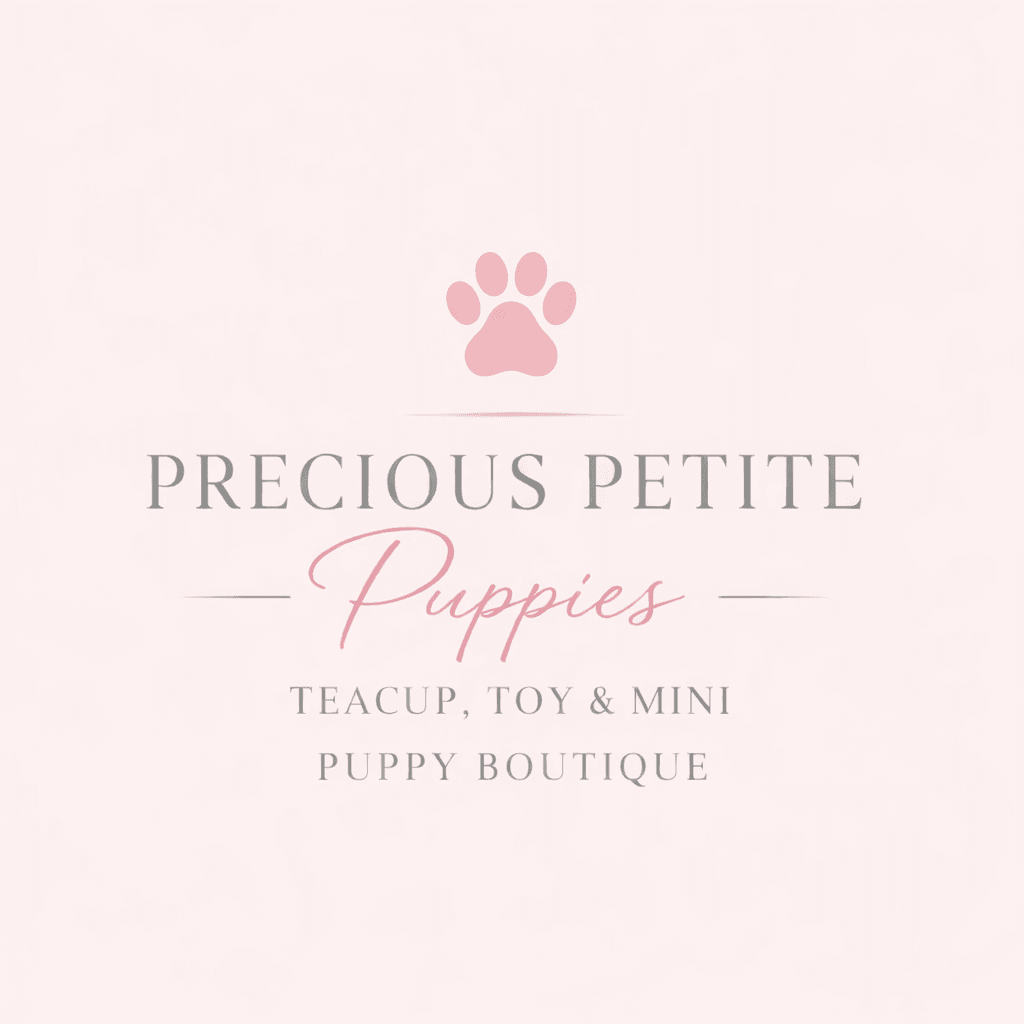Debunking Common Puppy Myths: What You Need to Know
PP
Myth 1: Puppies Are Easy to Train
One of the most common misconceptions about puppies is that they are easy to train. While puppies are often eager to learn, training them requires a significant amount of patience, consistency, and time. It's important to understand that puppies have short attention spans and can easily become distracted. Training sessions should be kept short and enjoyable to maximize effectiveness.

Additionally, using positive reinforcement techniques such as rewards and praise can greatly enhance the learning process. Remember, every puppy is unique, and what works for one may not work for another. Consistency in training methods and making learning fun are key components to successfully training a puppy.
Myth 2: Puppies Don’t Need Socialization
Another common myth is that puppies do not need socialization until they are older. On the contrary, socialization is crucial during a puppy's early development stages. Exposing puppies to various environments, people, and other animals helps them grow into well-adjusted adult dogs. The optimal window for socialization is between 3 and 14 weeks of age.
During this time, puppies are more open to new experiences and less likely to be fearful. Introducing them to different stimuli in a controlled manner can help build their confidence and reduce anxiety in unfamiliar situations. Neglecting socialization can lead to behavioral issues later in life.

Myth 3: Puppies Will Sleep Through the Night
Many new puppy owners assume that their furry friends will sleep through the night from day one. However, just like human babies, puppies have irregular sleep patterns and may wake up multiple times during the night. This is perfectly normal as they adjust to their new environment and routine.
To help your puppy develop a regular sleep schedule, establish a consistent bedtime routine. This may include a final potty break, some quiet time, or a gentle cuddle session. Over time, your puppy will adapt and begin sleeping longer periods through the night.

Myth 4: All Puppies Are Naturally Gentle
It's a common belief that all puppies are naturally gentle and harmless. While most puppies are playful and affectionate, their energy levels can sometimes lead to rough play. Puppies explore the world with their mouths, which means they may nip or chew as part of their learning process.
Teaching bite inhibition early on is essential to ensuring your puppy understands the limits of acceptable play. Redirecting their chewing behavior to appropriate toys and providing plenty of exercise can also help manage their energy levels and prevent unwanted behaviors.
Myth 5: Puppies Can Eat Adult Dog Food
Another misconception is that puppies can eat adult dog food without any issues. However, puppies have different nutritional needs compared to adult dogs. They require a diet specifically formulated to support their growth and development.
Puppy food contains higher levels of protein, fat, and essential nutrients needed for healthy bones, muscles, and organs. Feeding your puppy adult dog food could lead to nutritional deficiencies or growth problems. Always consult with your veterinarian to determine the best diet for your puppy's specific needs.

In conclusion, understanding these common puppy myths can help you better prepare for the joys and challenges of raising a new furry family member. By debunking these myths and approaching puppy parenting with realistic expectations, you can ensure a happy and healthy start for your puppy's life.
